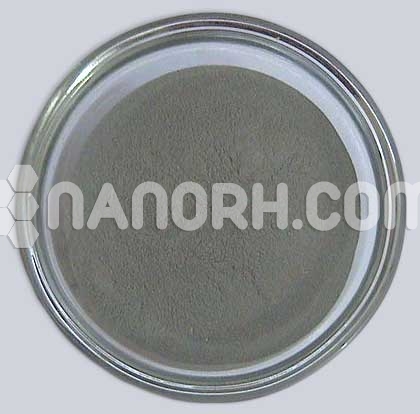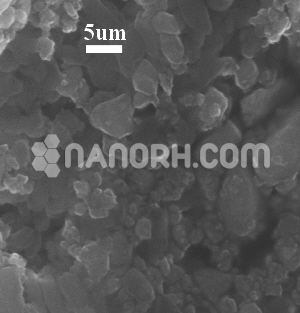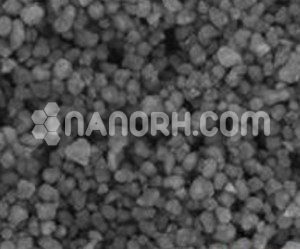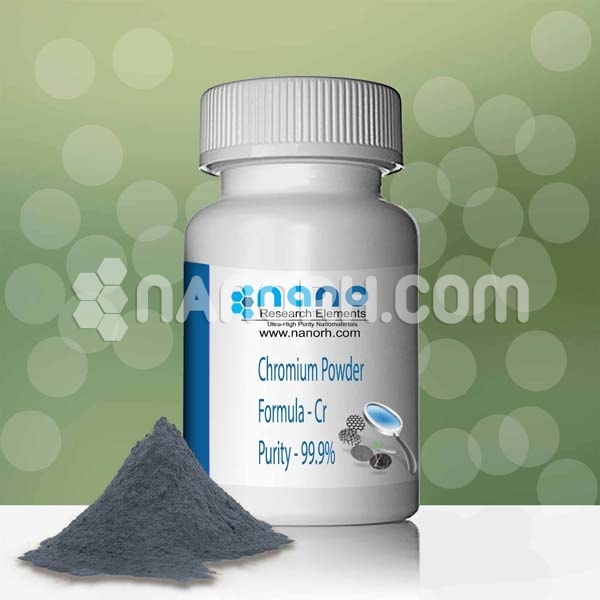| Tin (Sn) Powder | |
| Product No | NRE-8051 |
| CAS No. | 7440-31-5 |
| Formula | Sn |
| Molecular Weight | 118.71 g/mol |
| APS | 20um (can be customized) |
| Purity | 99.95% |
| Density | 7.27g / cm3 |
| Color | Dark Gray |
| Resistivity | 5.8-33 μΩ-cm |
| Melting Point | 232 °C |
| Boiling Point | 2602 °C (1013 hPa) |
Tin (Sn) Powder
Tin powder, a fine, silver-white metal powder, finds applications across various industries due to its unique properties. Some common applications of tin powder include:
Soldering: Tin powder is widely used in soldering applications due to its low melting point. It is an essential component in soldering materials, particularly in electronics, where it helps in creating strong, reliable bonds between components.
Metal Coatings: Tin powder is used as a coating material for various metal surfaces, providing corrosion resistance and enhancing their appearance. It is often used in the coating of steel, iron, and other metals to protect them from rust and other forms of corrosion.
Chemical Catalyst: Tin powder is utilized as a catalyst in various chemical reactions. Its catalytic properties make it valuable in several industrial processes, including the production of certain organic compounds.
Powder Metallurgy: Tin powder is a key material in powder metallurgy, where it is used to produce various components and parts. It can be mixed with other metal powders to create alloys with specific characteristics, such as improved strength, durability, and corrosion resistance.
Electronics: Tin powder is used in the manufacturing of various electronic components, including capacitors and resistors. It is also employed in the production of conductive coatings for electrical contacts and connectors.
Lubricants: Tin powder is used as an additive in lubricants to reduce friction and wear between moving parts. It helps in improving the overall performance and lifespan of machinery and equipment.
Chemical Industry: Tin powder is utilized in the chemical industry for various applications, such as the production of certain chemicals and as a reducing agent in chemical processes.
Powder-based Additives: Tin powder is sometimes added to materials like plastics and rubbers to improve their properties, such as increasing their thermal and electrical conductivity.
Solar Panels: Tin powder is used in the manufacturing of certain types of solar cells and panels, primarily in the production of thin-film photovoltaic devices.
Food Packaging: Tin powder is used in the production of tin cans and other food packaging materials due to its non-toxic properties and resistance to corrosion, ensuring the safety and longevity of packaged food products.




